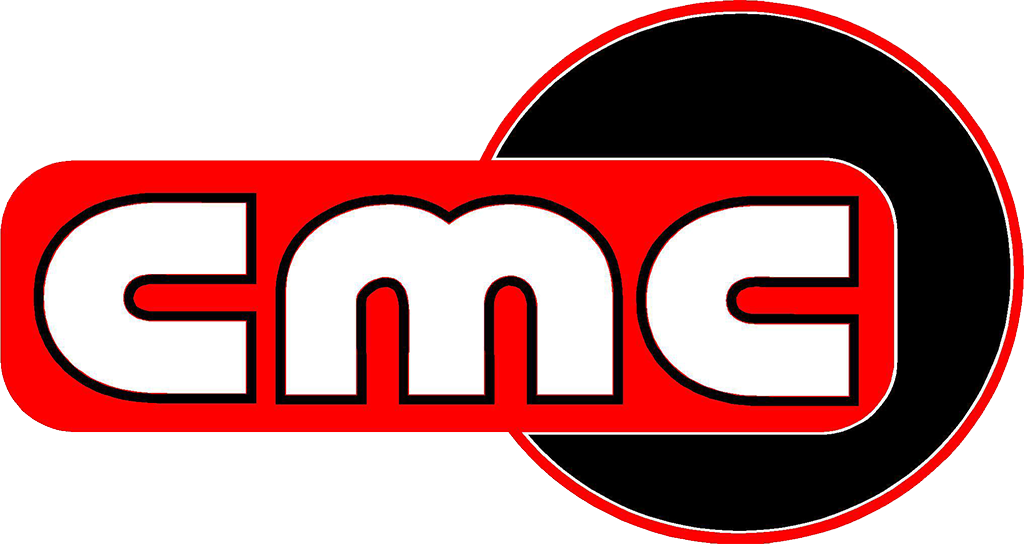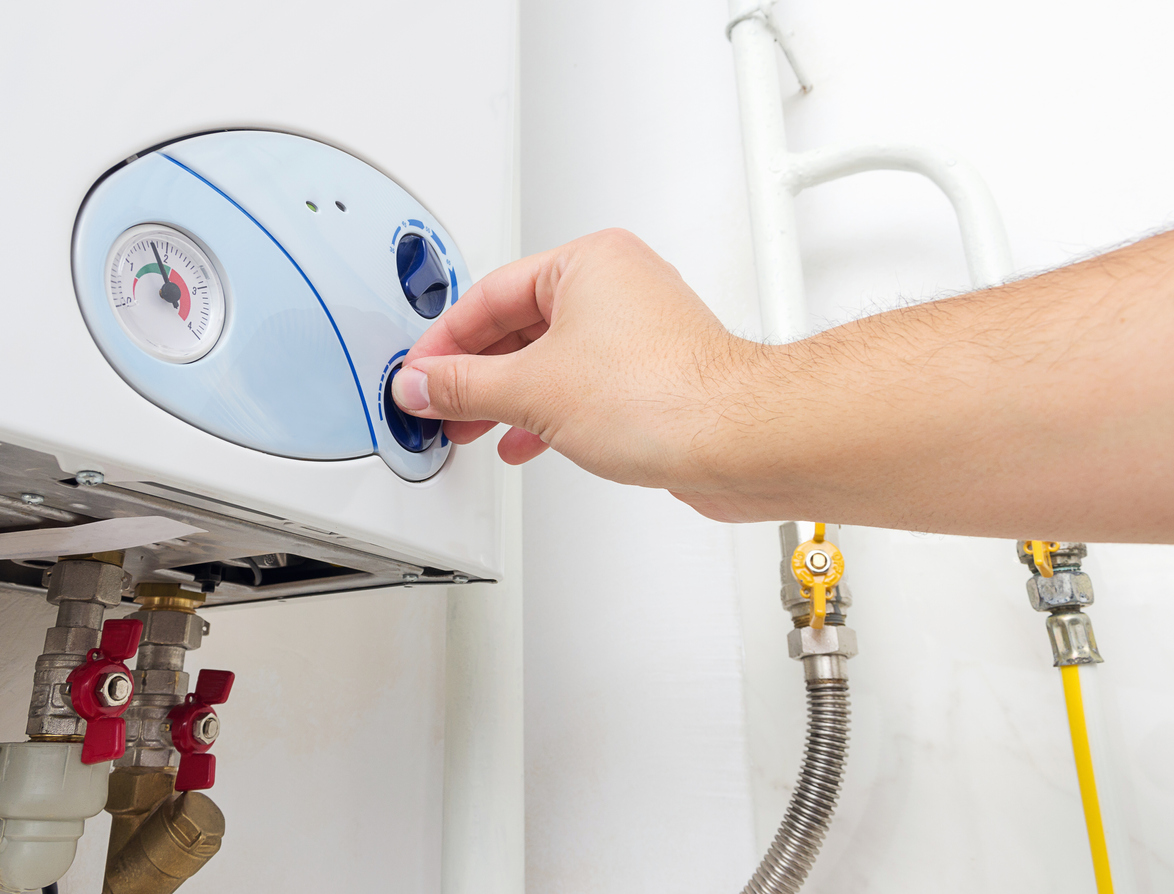When it’s time to replace an existing water heater, tankless water heaters are a popular choice. We put together this brief guide to tankless heaters to answer our customers’ most frequent questions about them.
What Is a Tankless Water Heater?
Unlike a traditional water heater, a tankless heater doesn’t continually heat stored water until it’s needed. Tankless heaters are on-demand heaters because they only heat water when a hot water tap or appliance is turned on.
Tankless heaters have numerous advantages over traditional storage heaters. One, tankless heaters are more energy-efficient than traditional heaters since they don’t waste energy keeping stored water hot. Two, tankless heaters take up far less space than bulky traditional water heaters. Lastly, the expected lifespan of a tankless heater is approximately 20 years, which is about double the lifespan of a traditional heater.
Types of Tankless Heaters
On-demand heaters use natural gas, propane, or electricity as their fuel source. A homeowner’s options may be restricted by what fuel is available where they live.
Electric water heaters are 98 to 99 percent efficient, which makes them more energy-efficient than gas heaters. However, electric units tend to cost more to operate than gas units because the cost of electricity is usually higher than natural gas. Electric heaters are simpler and less expensive to install.
Gas heaters have higher water flow rates than electric units. As for energy efficiency, gas heaters are about 80 to 85 percent efficient. Condensing gas heaters are more efficient than non-condensing gas heaters. Since condensing heaters have cooler exhaust, they can be vented with PVC pipes. The hot exhaust produced by non-condensing units requires more expensive stainless steel for venting.
Choosing the Right Size Water Heater
A tankless water heater’s size connects to the unit’s flow rate and temperature rise. Water heater flow rates measure gallons per minute. Heaters with higher flow rates can run more applications (faucets, fixtures, and appliances) at the same time.
To get the right size heater, a homeowner needs to determine the maximum amount of hot water the household needs at the same time. The easiest way to figure it out is to look up the average flow rates for the plumbing fixtures and appliances in the home. Add up the ones that are typically used simultaneously. The total is the flow rate needed for the tankless heater.
Temperature rise is the difference between ground temperature and the desired hot water temperature. In Louisiana, our groundwater is warm and averages about 65 to 70 degrees. Therefore, a heater only needs a temperature rise of about 35 to 40 degrees to heat the water to 100 to 110 degrees, the typical temperature range for hot water uses in the average household.
Smart Technology Features
Tankless heaters may include smart features like Wi-Fi capability. Homeowners may be able to view the heater’s energy usage and control its temperature with their smartphones.
Cost of a Tankless Heater
Units that meet the federal government’s standards to carry the Energy Star label qualify for rebates. These rebates can be worth hundreds of dollars. The costs listed here do not include our affordable installation rates.
Whole House Heaters
Electric heaters range from around $400 for a home that has low hot water usage (no more than four simultaneous applications) to around $800 for units that provide greater usage.
Gas heaters range from $500 for units that can handle no more than three simultaneous applications to $2,000 units that are designed to handle any number of applications. The needs of many homeowners can be met with a gas unit that’s around $1,000.
Point of Service Heaters
Point-of-service tankless heaters are small units designed to provide hot water for one application like running a washing machine or one shower. They’re installed close to where the hot water is needed. Prices for electric point-of-service units start around $90 and about $150 for gas models.
Tankless Heater Maintenance
Maintenance requirements vary by manufacturer. The heater may need its water or air filter changed annually. It’s also a good idea to have the burner inspected by a professional once a year. Contact us to learn more.

